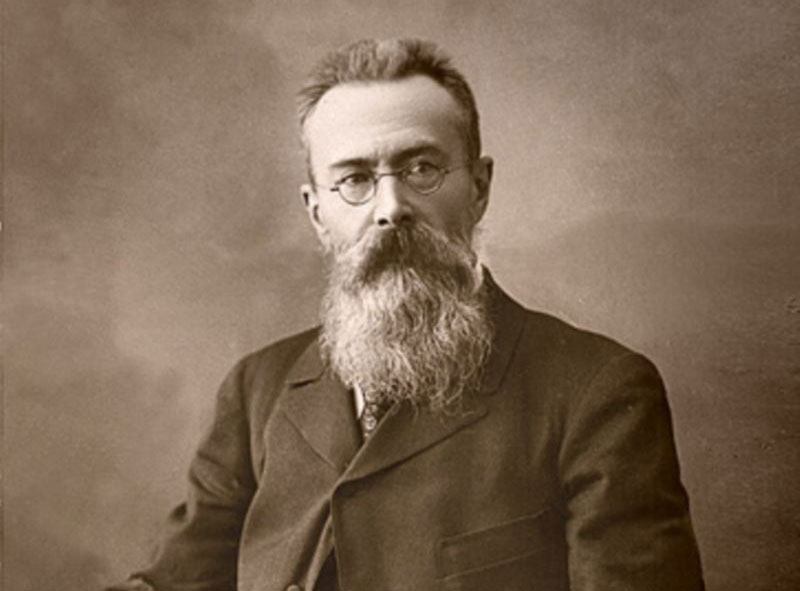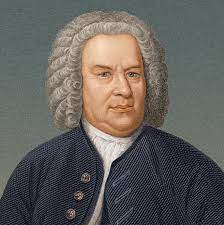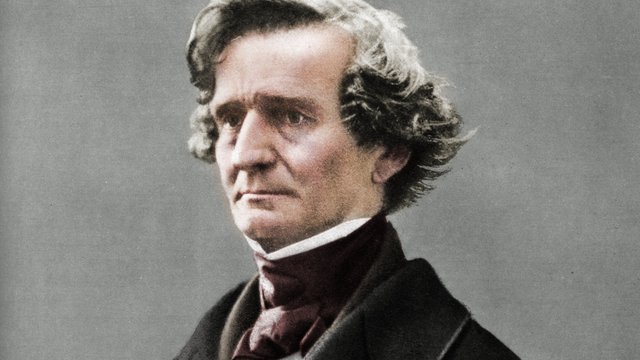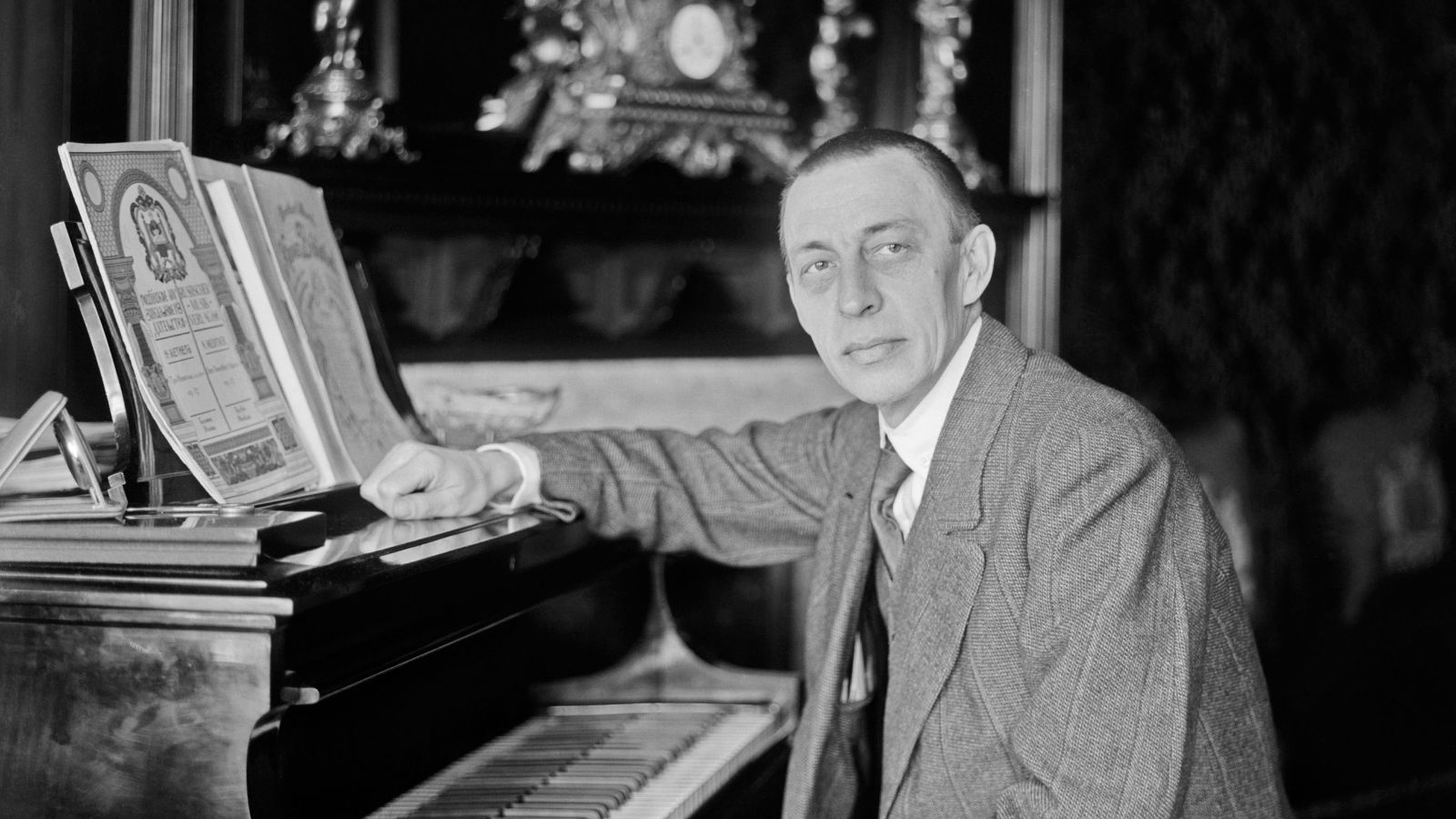
Life and History of Korsakov
Nikolai Rimsky-Korsakov, born on March 18, 1844, in Tikhvin, Russia, was a prominent Russian composer, conductor, and music educator. He is regarded as one of[…]

How Johann Sebastian Bach Became Blind
However, at the age of 64, his vision started to deteriorate. He could no longer play the organ, compose music or direct choirs and orchestras.[…]

Life and History of Berlioz
Hector Berlioz, born Louis-Hector Berlioz, was a French composer, conductor, and music critic. He was born on December 11, 1803, in La Côte-Saint-André, a small[…]

Life and History of Rachmaninoff
Sergei Vasilyevich Rachmaninoff was a Russian composer, pianist, and conductor, widely regarded as one of the greatest composers of the late Romantic period. He was[…]